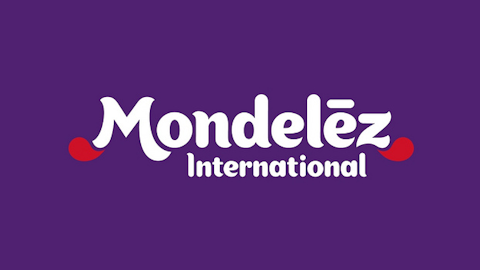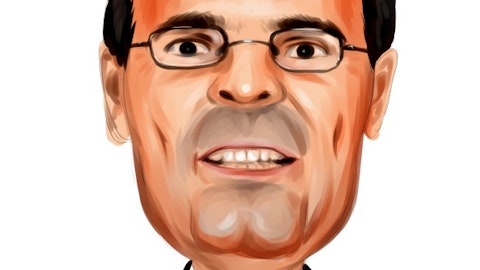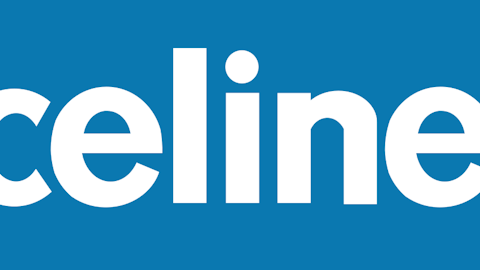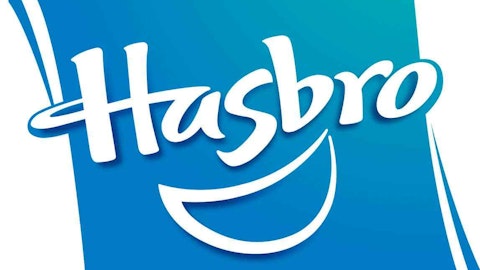There has been a real revolution in travel in the last 5 years or so. A number of companies are making it easier for travelers to schedule and purchase their trips by doing comparison shopping and taking advantage of social networks. Three companies that are in the middle of this revolution are Expedia Inc (NASDAQ:EXPE), Priceline.com Inc (NASDAQ:PCLN) and Tripadvisor Inc (NASDAQ:TRIP). In this article I will make a case for investing in all 3 companies, especially given the improving demographics of the travel industry as the Boomer generation begins to retire.

Expedia started the revolution by offering a single place where the average consumer could find prices for all kind of travel services. The last year has been a good one for Expedia with an almost doubling of the stock price, and the trends continue to be favorable as the economy has shown some modest recovery and people start to spend discretionary dollars on travel and leisure. At a PE of 33 (and a dividend yield of 0.8%), for the trailing twelve months, the company sells for a premium. The assumption built in is that the growth will continue into the next year or two unabated. The real strength behind Expedia is the bundling of travel services since it can offer price cuts by combining air, hotel and car rental in an easy to access portal for the traveler.
Priceline, with its spokesman William Shatner (a.k.a. The Negotiator), is the next iteration in the travel revolution, where the purveyors of the travel services offer excess inventory and you bid a price for a certain date and location of travel service. Priceline on the other hand has only risen 25% or so in the last 6 months, but looking more long term it has crushed the market with a return of 465% in 5 years. Priceline sells for a much more reasonable PE of 26.5, but has no dividend. Priceline appeals to the both the casual traveler and the business traveler by offering cut rate travel deals through its unique bidding service.
The upstart of the group is Trip Advisor, which uses social media to rank travel locales including activities, hotels and resorts. The social media effect makes it an attractive place to visit since the casual traveler may encounter more up to date information. The use of the data should be taken with a grain of salt when the number of reviews are low, but with higher volumes the quality goes up and so do the potential profits of Trip Advisor as it sells advertising. The data mining possibilities also make hotel and resort companies drool. Trip Advisor is an upstart with lots of potential. For a new company in the middle of the Internet 2.0 revolution it is selling at a reasonable PE of 36. Trip Advisor was spun off from Expedia in 2011 as a way to unlock shareholder value by having the faster-growing company trade as a separate company. A 3 month chart of Trip Advisor shows a healthy gain of 37% which is not bad at all.
Competition is expected to be fierce in this space as more companies use social media and local services to attract eyeballs to their web sites. Google Inc (NASDAQ:GOOG) recently bought Zagat and Frommers in order to benefit from the increase in travel and to bulk up its local offerings. Travelzoo Inc. (NASDAQ:TZOO) and Yelp Inc (NYSE:YELP) are two other upstarts that are nipping at the heels of Trip Advisor. Each of these companies needs to continue to invest in their businesses to attract consumers (read eyeballs for advertisers), but Trip Advisor is a first mover in the space and savvy travelers typically rely on more than one web site when travelling a trip.
There is considerable disruption taking place in the travel arena in terms of demographics and global economics. 2013 is expected to be a boom year in travel as economies around the world are expected to recover from “The Great Recession.” Disruption breeds opportunities and all three of the companies highlighted in this article should benefit from the recovery in travel spending.
All 3 of these stocks have had good gains in the last 6 months, but should continue to chug along in 2013 and bring decent market-beating returns to shareholders given the projected economic conditions. In addition, the demographics of the industry should be very good in the next 5-10 years as the Baby Boomer generation retires from the workforce and embarks on those long-awaited dream trips. Despite some valuation concerns, all three companies, Expedia, Priceline and Trip Advisor should offer market-beating returns for the next few years.
The article Are Travel Stocks Set to Take Off? originally appeared on Fool.com and is written by Erick Santos, M.D., Ph.D..
Copyright © 1995 – 2013 The Motley Fool, LLC. All rights reserved. The Motley Fool has a disclosure policy.




